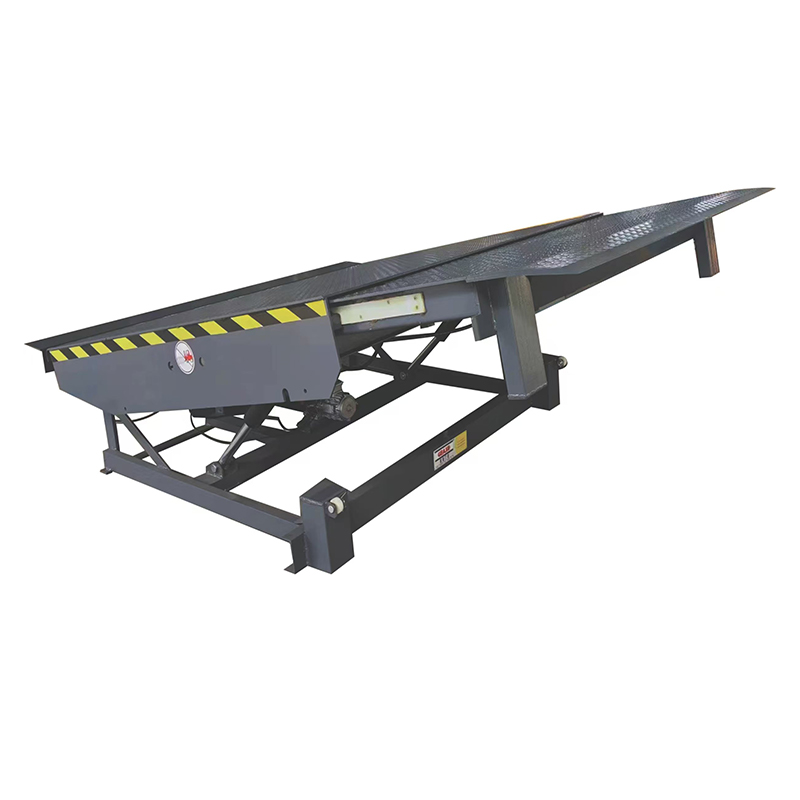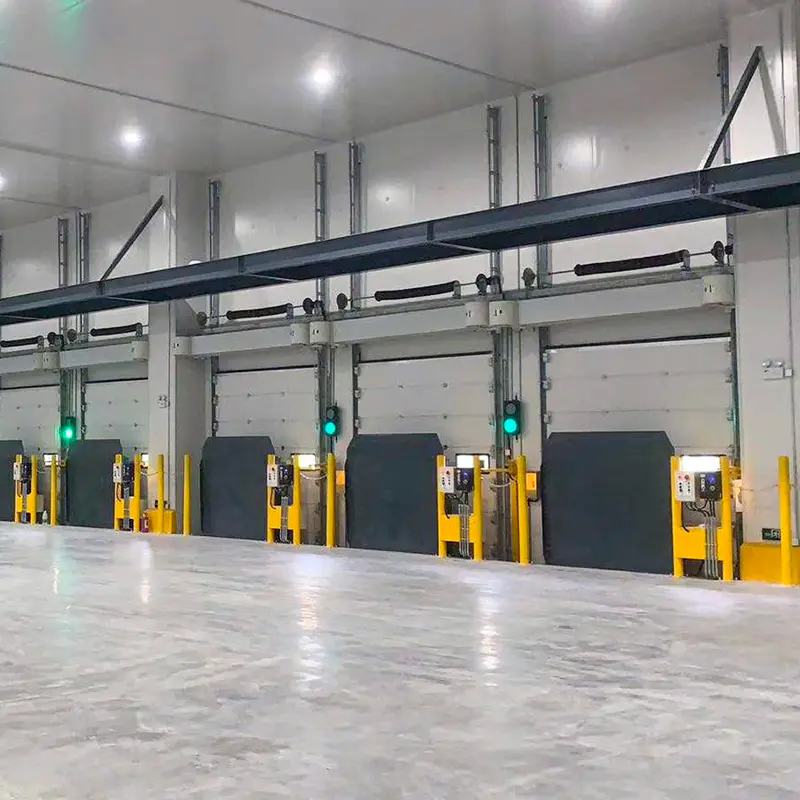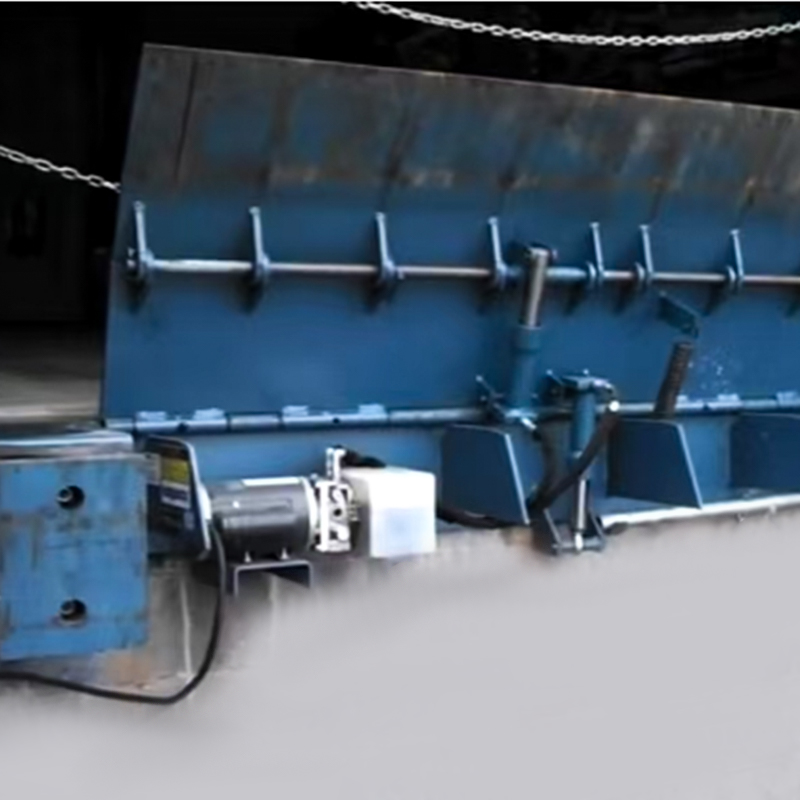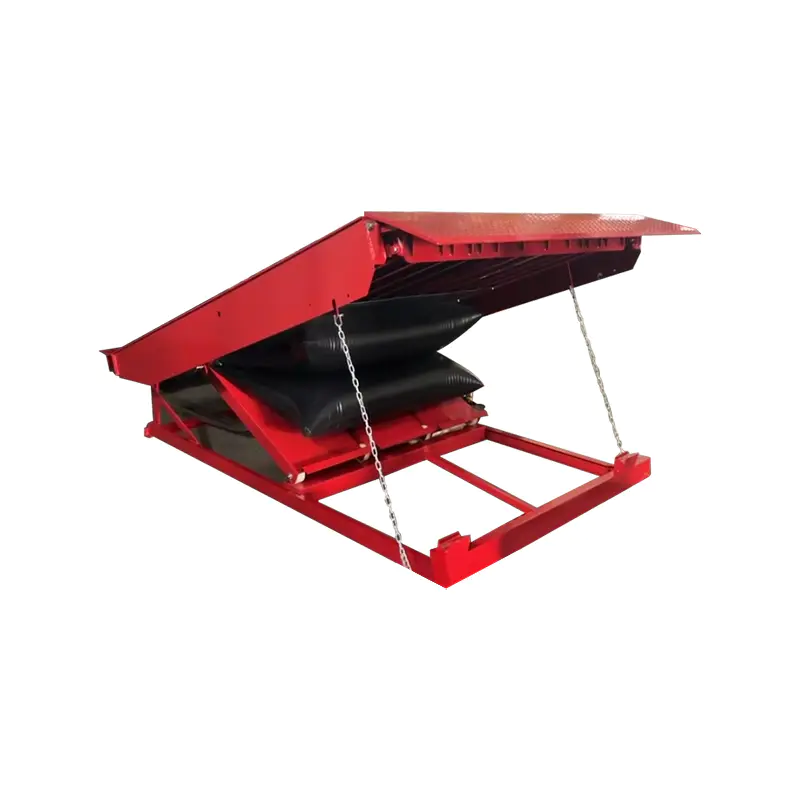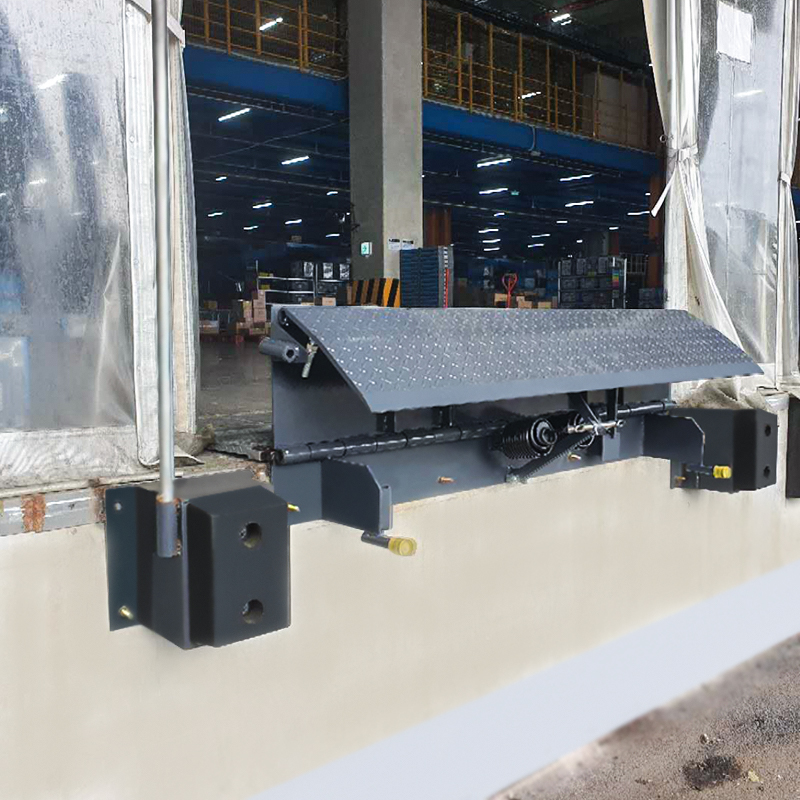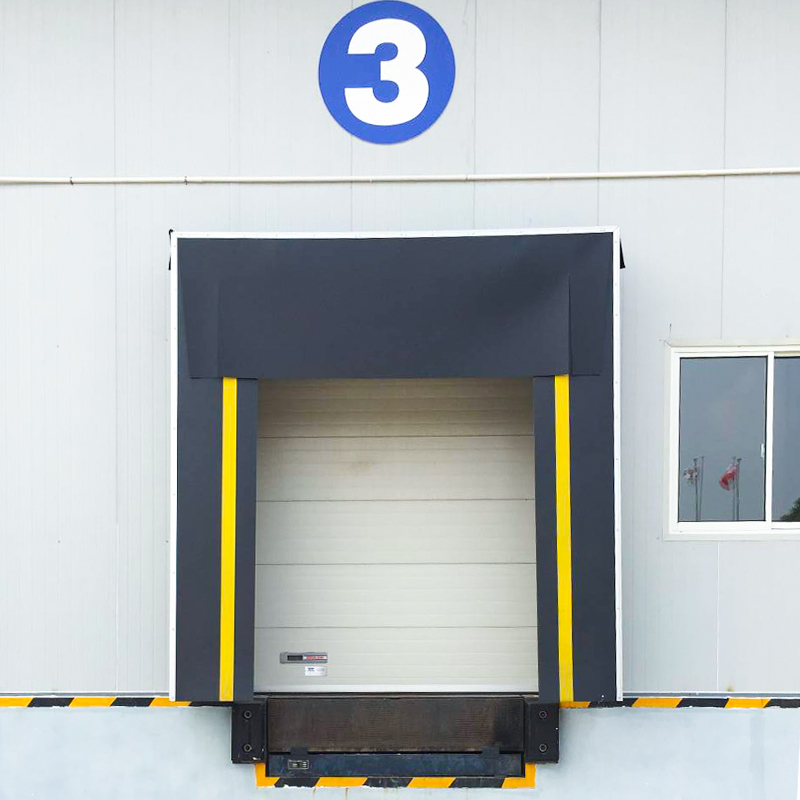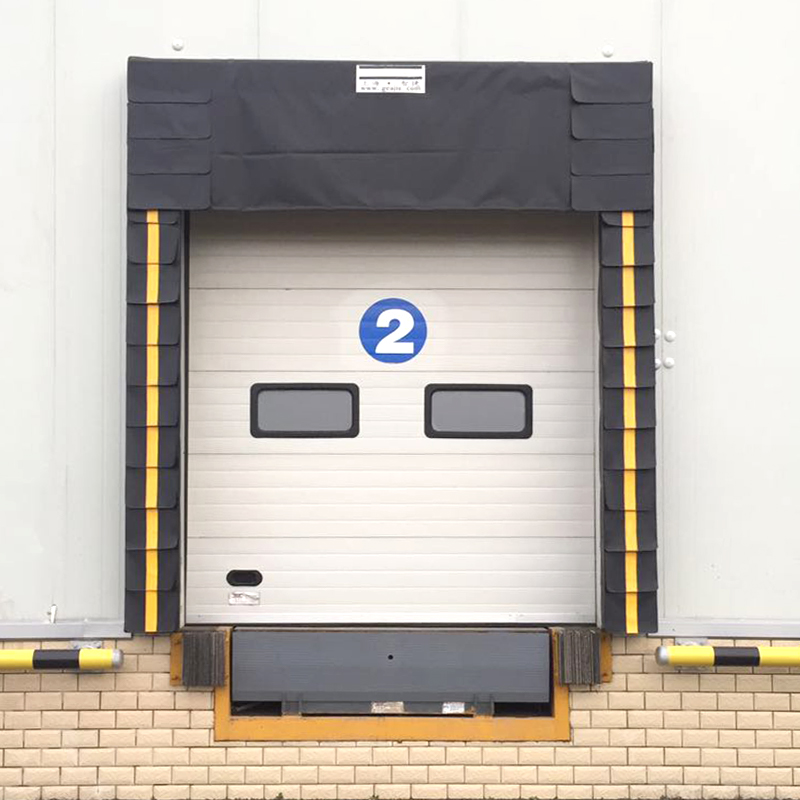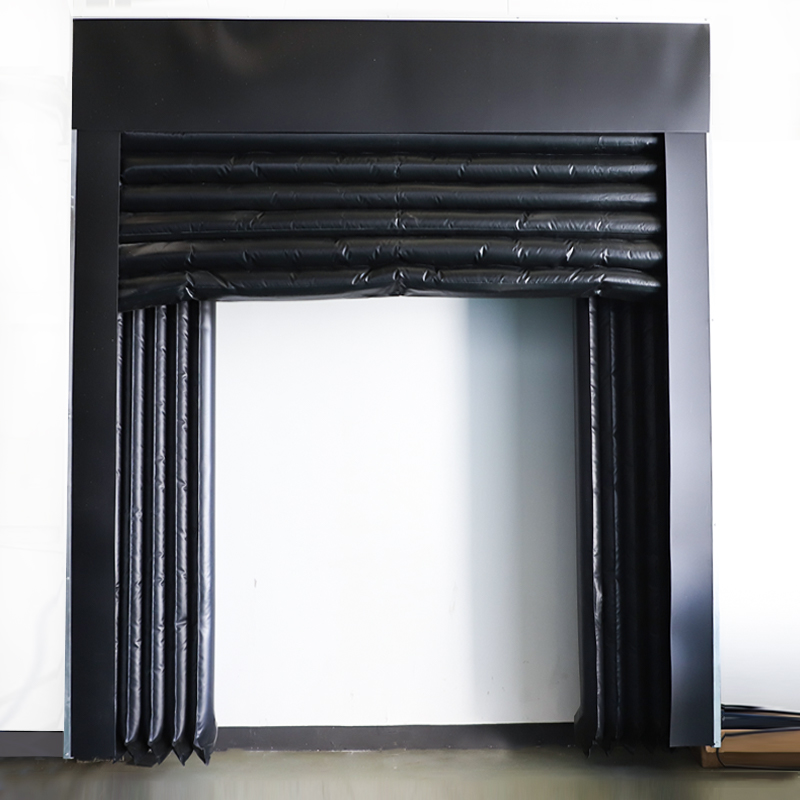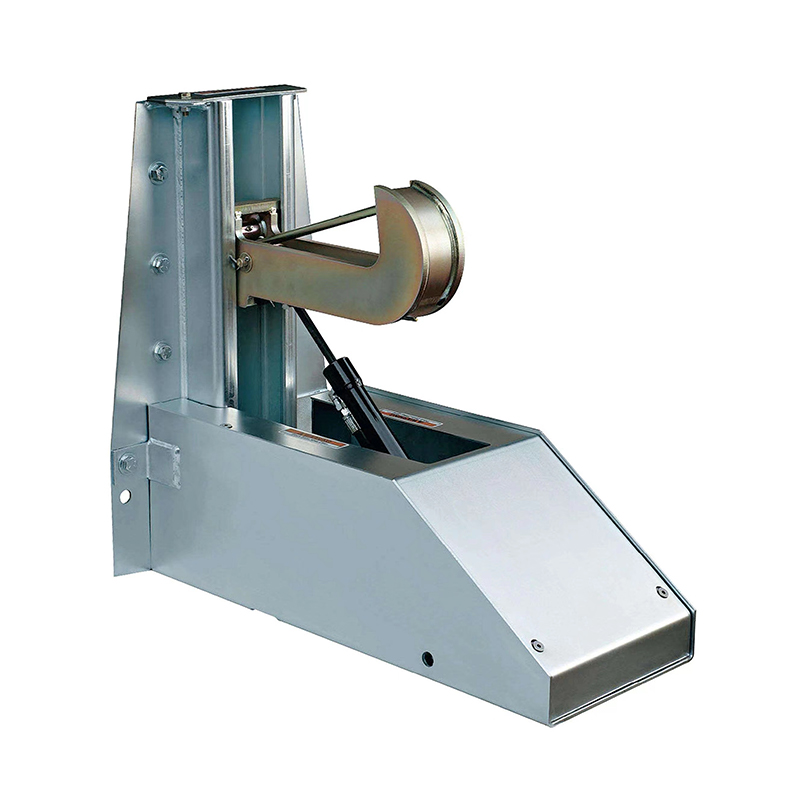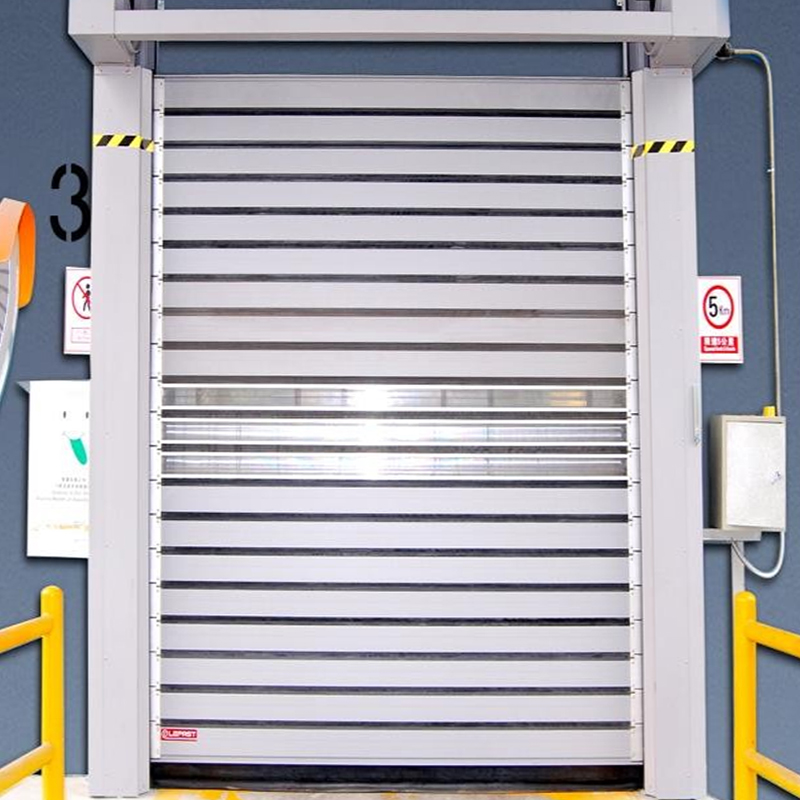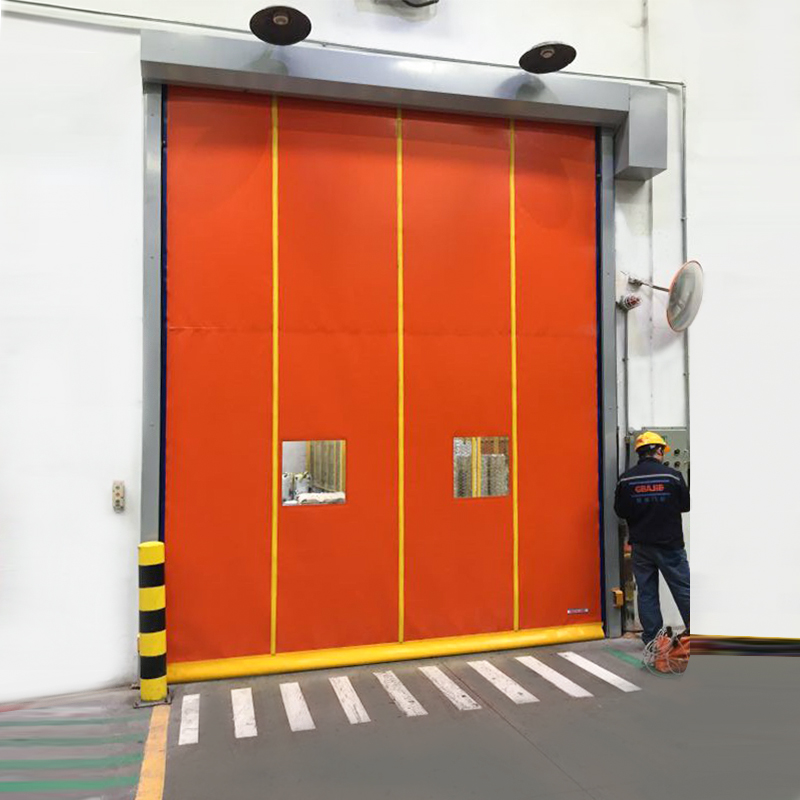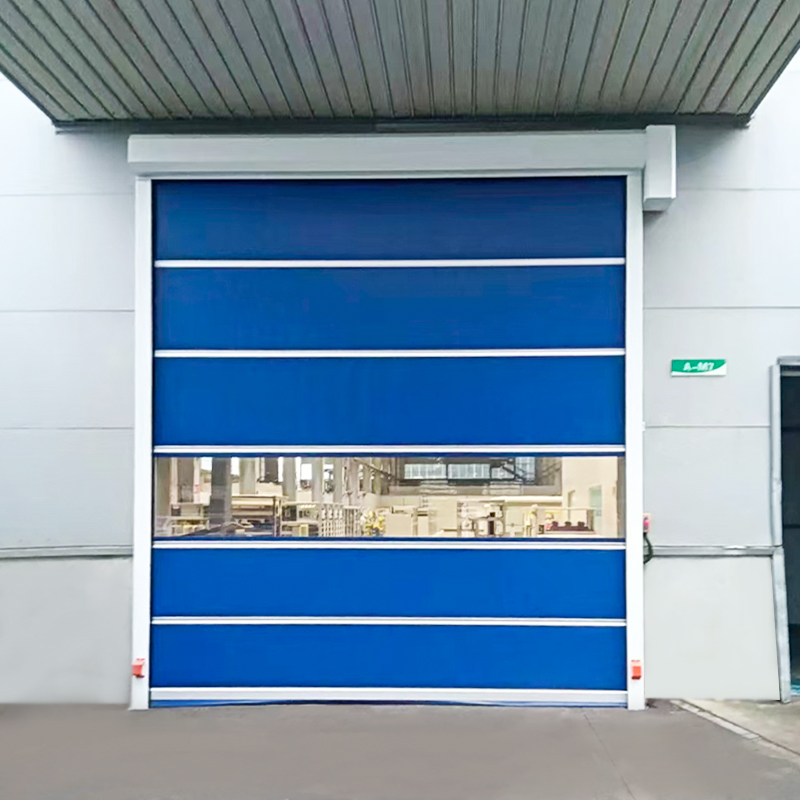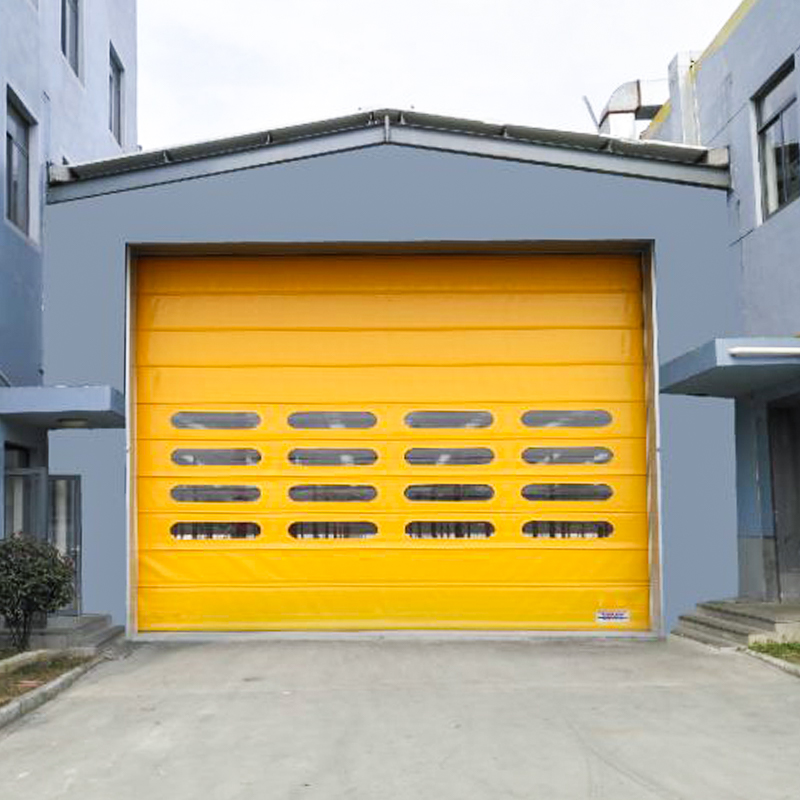1. Flexible Curtain and Collision Absorption The Anti-Crash Replay Industrial Fast Door is designed ...
The Industrial Sponge Door Seal is typically made from materials such as polyurethane, EPDM (Ethylene Propylene Diene Monomer), silicone, or neoprene. These materials are selected for their flexibility, resilience, and ability to resist various environmental factors. One of the key properties of the seal is its cellular structure—which refers to the network of tiny cells within the material. This porous structure enables the material to compress when the door closes, allowing it to form a tight seal against the doorframe. The closed-cell versions of sponge materials are especially effective for moisture and air sealing, as they trap air within their cells, preventing the passage of gases, moisture, and dust. As the material is compressed during door closure, the cells act as a barrier that significantly reduces air infiltration and moisture penetration. This structure also allows for flexibility in adapting to doorframe irregularities or slight misalignments, ensuring that the seal maintains integrity even when the surface isn’t perfectly smooth.
The efficiency of an Industrial Sponge Door Seal heavily relies on its compression ability and flexibility. When the door closes, the sponge compresses to fill any gaps or irregularities in the doorframe. This allows the seal to adapt to varying pressures, ensuring full coverage across the entire length of the door. The flexibility of the material ensures that it can withstand the repeated compression cycles during regular door use without losing its ability to create an effective seal. Compression set resistance is a key feature here, meaning the seal should not permanently deform or lose its compressibility over time, even after prolonged use. A flexible seal will maintain a tight barrier against dust, moisture, and air infiltration, ensuring that it continues to perform optimally even in environments with constant movement or door operations.
The density of the sponge material is a key factor that influences the overall sealing performance. Higher-density sponge seals have more compact cells, which enhances their ability to block air, moisture, and dust. Dense sponge materials create a more effective barrier as their tightly packed structure leaves less room for air or particles to pass through. This is particularly important in industrial environments where precise sealing is necessary to prevent contaminants from entering sensitive areas such as clean rooms, warehouses, or refrigerated spaces. However, the seal should balance density with flexibility—a denser material may have slightly less compression ability than a lower-density material, so it is important to choose a seal that offers both tight barrier properties and enough flexibility to conform to doorframe imperfections. Material selection with the right density ensures that the seal remains effective in diverse conditions, from high temperatures to cold storage.
In industrial settings, the Industrial Sponge Door Seal is often exposed to harsh environmental conditions, which can significantly affect its performance over time. Chemical resistance is a critical factor, particularly in manufacturing or processing environments where oils, solvents, and other chemicals might come into contact with the seal. A high-quality seal will be formulated to resist degradation from exposure to such substances, maintaining its integrity and sealing ability. UV resistance is equally important for seals exposed to direct sunlight, especially in applications like warehouse doors or exterior installations. Over time, UV radiation can cause some materials to degrade, harden, or lose their elasticity. Temperature resistance is another key factor. Extreme temperatures, both hot and cold, can cause some materials to become too rigid or lose their shape, reducing their ability to compress and form a tight seal. The Industrial Sponge Door Seal should be able to withstand these temperature variations without compromising its sealing capabilities. Seals designed for industrial applications often feature additives or specialized coatings that provide resistance to UV light, ozone, extreme temperatures, and harsh chemicals, ensuring long-term performance.

 English
English Español
Español Tiếng Việt
Tiếng Việt

